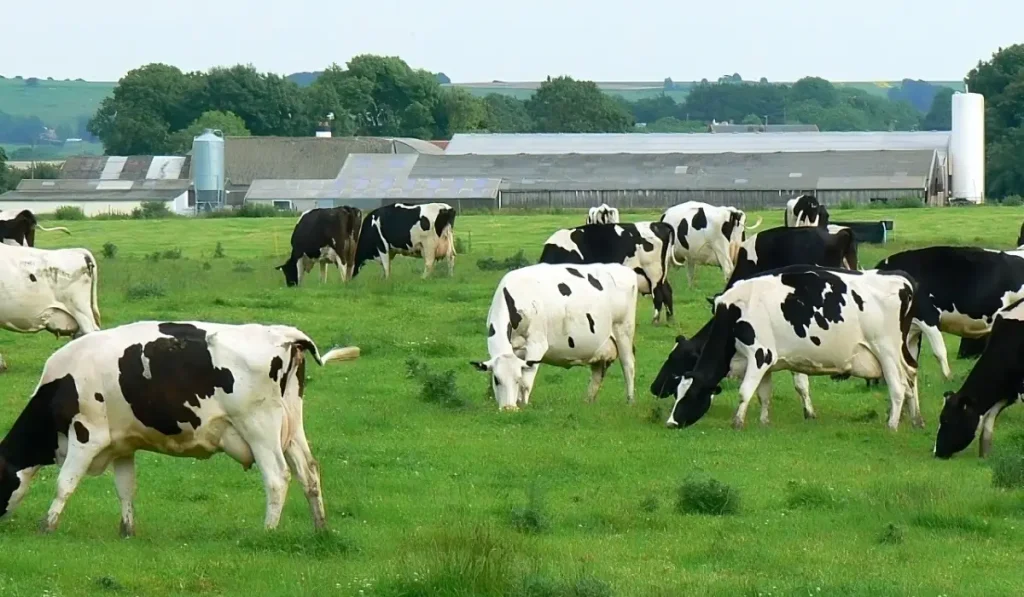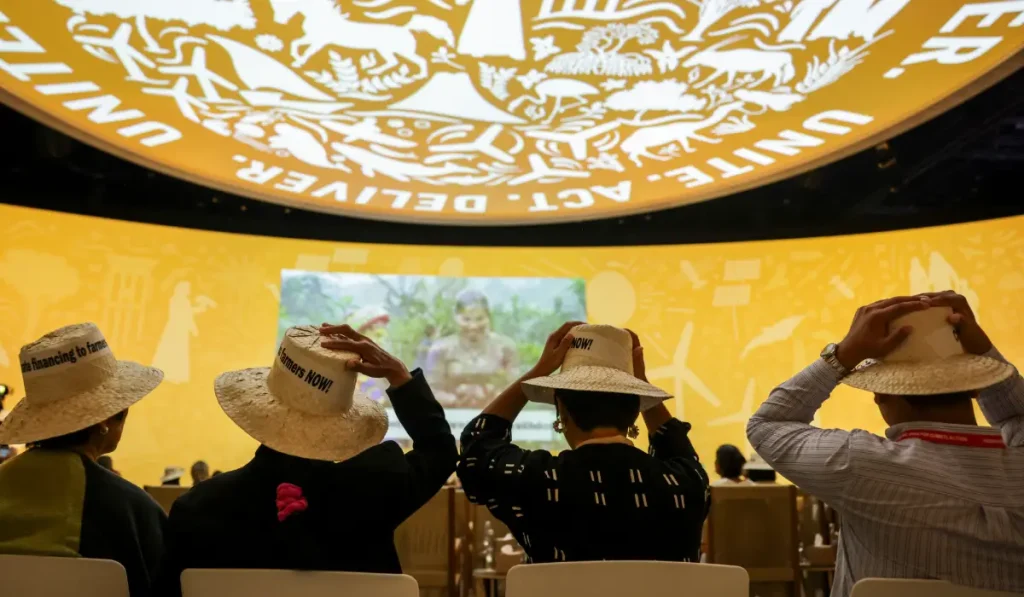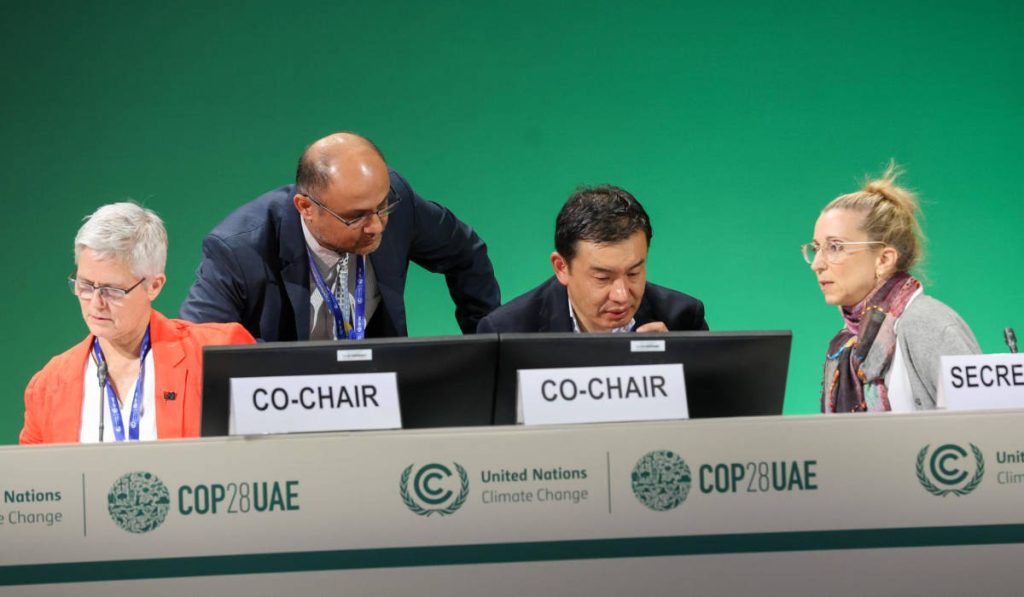In the count down to the African Climate Summit in Nairobi on 4-6 September 2023, more than 300 African organisations have united under the banner “Make the Africa Climate Summit African”, and submitted a petition to its host, President William Ruto, challenging its credibility and agenda.
In the petition, they argue that the event has been “hijacked by Western governments, consultancy companies, Global North think tanks and philanthropy organisations/ foundations.” A particular point of contention is the involvement of McKinsey & Company in the Summit’s conceptualisation and design, with concerns that they do not represent African priorities or common positions. The petition argues that “the content for the Summit – including major initiatives – is being led by McKinsey, with the World Resources Institute now competing to shape the agenda and its outcomes.”
The Think Tanks Committee that was established to support the Summit’s negotiations was also criticised for being “chaired by individuals who represent UK and US-based organisations and not African organisations”. The outcome is an agenda that the group feels solely represents the position and interests of the West, namely, carbon markets, carbon sequestration and “climate positive” approaches. The current agenda for the summit features sessions on carbon markets for the Global South; natural gas as a transition fuel; and announcements of big transition mineral and green hydrogen deals; investments in natural capital and carbon removals. Commenting on the agenda and petition, Lorraine Chiponda, co-facilitator for Africa Movement Building Space has said “this Summit should aim to build renewable energy systems and to attract investments in the sector. Africa bears the brunt of the climate catastrophe and cannot afford to promote gas as a transition fuel. This will lock the continent into perpetual debts, structural traps and stranded assets as the rest of the world goes clean”.
Although McKinsey was recently dropped as a partner from the Summit’s website and related communications, the group’s view is that it comes too late as the agenda and narrative of the Summit have already been established. Commenting on the petition, Hardi Yakubu, a coordinator at Africans Rising Movement stated “we cannot mess up this opportunity and leave it to foreign consultancy firms, governments, think tanks and philanthropies to dictate what should be African priorities.”
Their argument is that the Summit is intentionally designed to undermine the principles of common but differentiated responsibilities and respective capabilities, a foundational principle for developing countries in the negotiations. The petition contends that “Africa’s priorities, including phasing out fossil fuels and promoting renewable energy systems, electrification infrastructure, Africa’s food systems, water resources, and biodiversity, have been relegated to the backburner in the agenda of the summit.” The group are looking to see an African-led expert group appointed to reshape the Summit’s agenda; an elevation of the discourse on renewable energy; and a removal of references in the agenda to activities that are felt to be unsustainable or counter-productive, such as carbon markets and geo-engineering.
More than 424 signatories have put their names to the petition which is still available for signature.





